The seventh and final phase of the Lok Sabha elections in India is set to take place on Saturday, with 57 constituencies across eight states and Union Territories heading to the polls. Additionally, 42 seats in the Odisha Assembly will also see voting. In Odisha, the Bharatiya Janata Party (BJP) faces a strong challenge from the Biju Janata Dal (BJD).
In a notable pre-election development, Prime Minister and BJP leader Narendra Modi has captured national attention with his marathon meditation session at Vivekananda Rock Memorial in Kanyakumari, Tamil Nadu. Modi, who is the BJP's candidate for Varanasi constituency in Uttar Pradesh, began his meditation on Thursday night. His choice of the iconic site and the timing has sparked controversy, with the opposition alleging that it violates the electoral code of conduct. However, the Election Commission has dismissed these concerns, allowing media coverage of Modi's meditation to continue.
Modi's prominent media presence has overshadowed the final phase of the campaign. Voting will begin at 7 am and continue until 6 pm. Among the high-profile candidates in this phase is Modi himself, contesting from Varanasi against Congress candidate Ajay Rai.
Bollywood star Kangana Ranaut is also in the fray, contesting from the Mandi seat in Himachal Pradesh. Abhishek Banerjee, nephew of West Bengal Chief Minister Mamata Banerjee, is running for the Trinamool Congress in the Diamond Harbour constituency. Union Minister Anurag Thakur is contesting from Hamirpur in Himachal Pradesh.
In Punjab, 13 constituencies will see a four-way contest as the traditional Akali-BJP alliance has fractured, and the Aam Aadmi Party (AAP) and Congress are contesting separately, unlike their alliances in Delhi, Haryana, Gujarat, and Chandigarh.
Modi's last rally was in Hoshiarpur, Punjab, before he traveled to Tamil Nadu for his meditation session. His campaign strategy has shifted from reviewing BJP's governance to focusing on polarizing issues following a decrease in voter turnout in earlier phases. Modi has increasingly targeted the Congress, highlighting temples, mosques, and minority communities in his speeches.
Congress President Mallikarjun Kharge criticized Modi's focus, citing statistics to show the Prime Minister's emphasis on divisive topics. Political analysts suggest that BJP's campaign strategies, including nationalism and Hindutva, have not resonated as expected. Issues like price hikes, unemployment, and farmer discontent have taken center stage.
Modi's efforts to leverage the Ram Mandir construction for electoral gain have also fallen short, as the inauguration occurred well before the campaign. Nevertheless, Modi continues to invoke the Ram Mandir issue, accusing Congress and its allies of disrespecting Indian values by not attending the inauguration.
As the final phase approaches, India awaits the outcome of an intense and complex electoral battle that will shape the country's political landscape for the next five years.



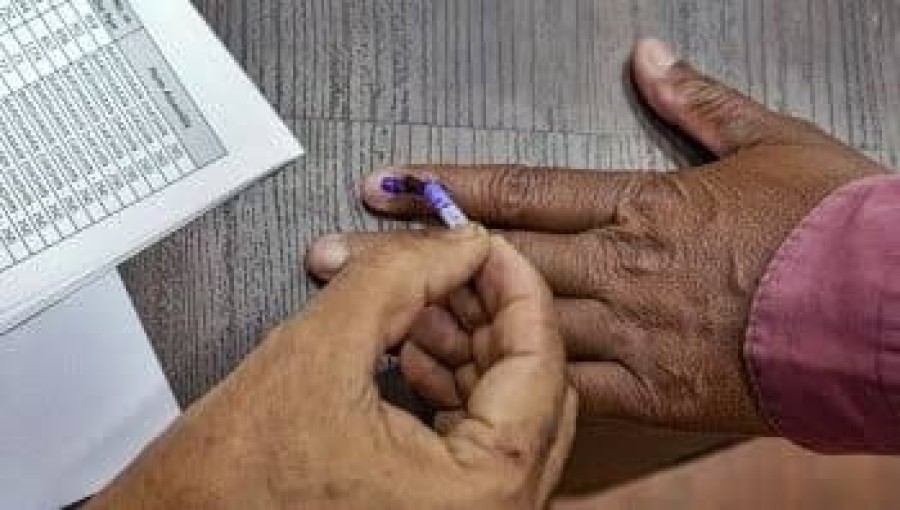

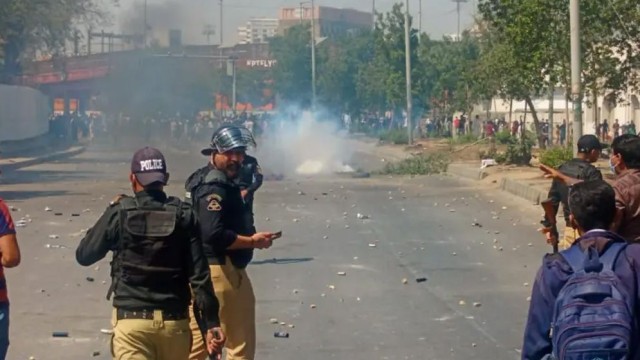
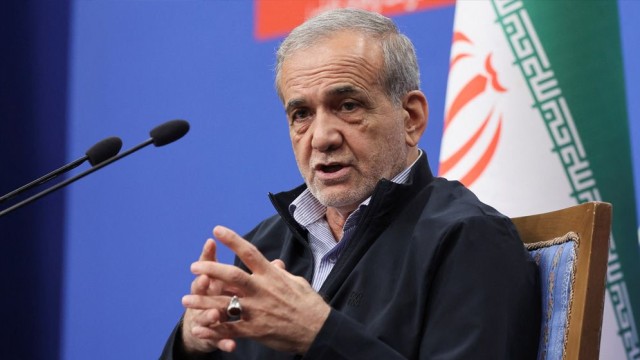
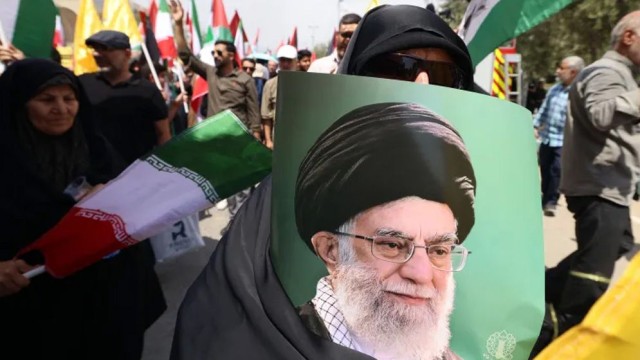
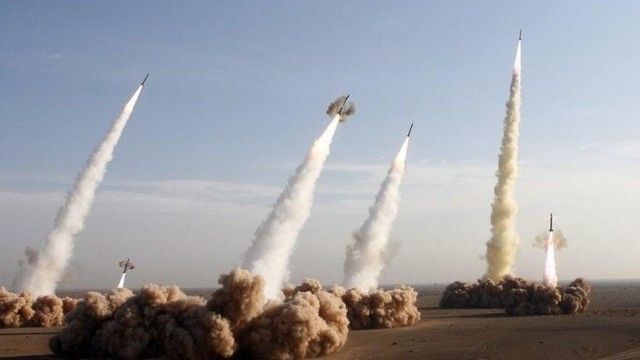
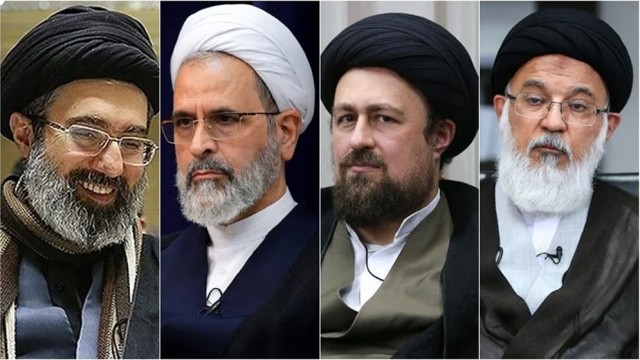

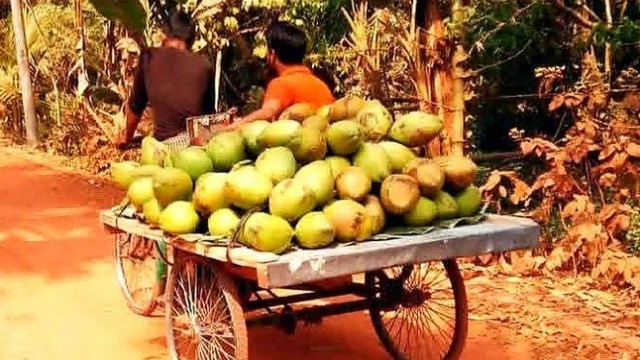
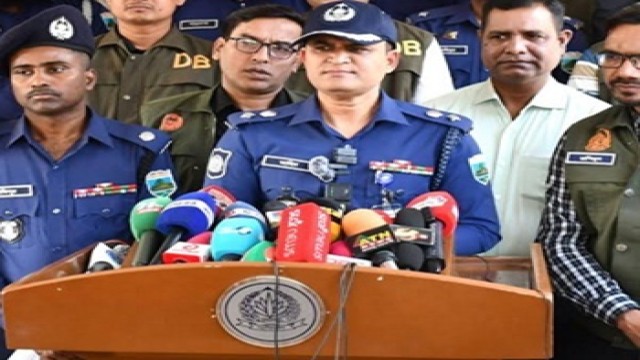
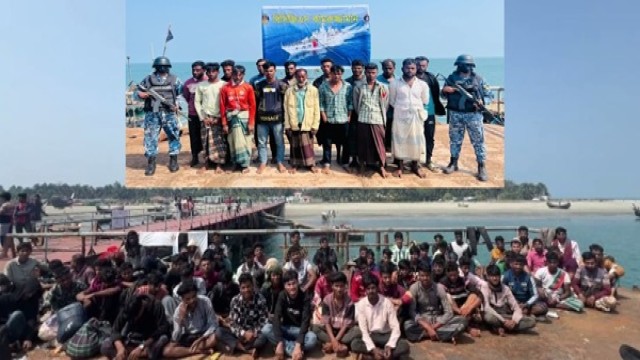
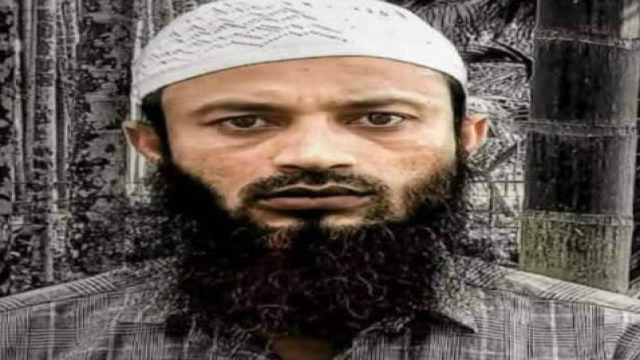
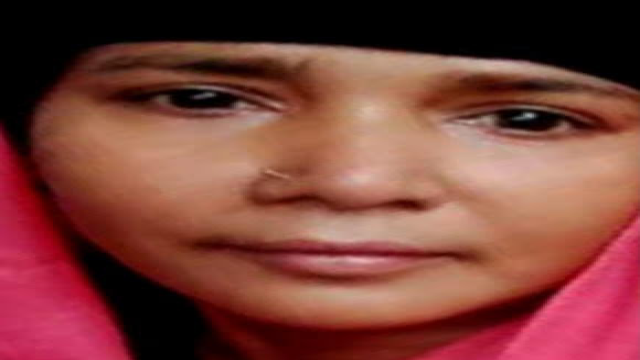

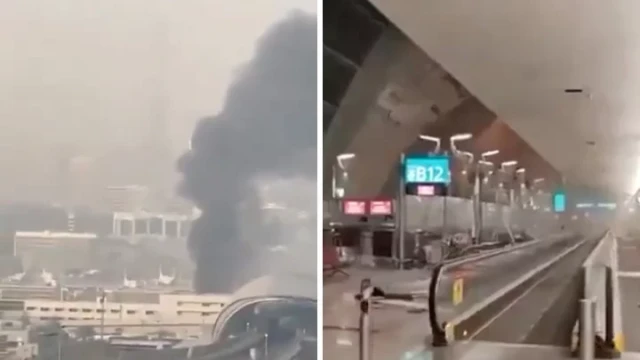
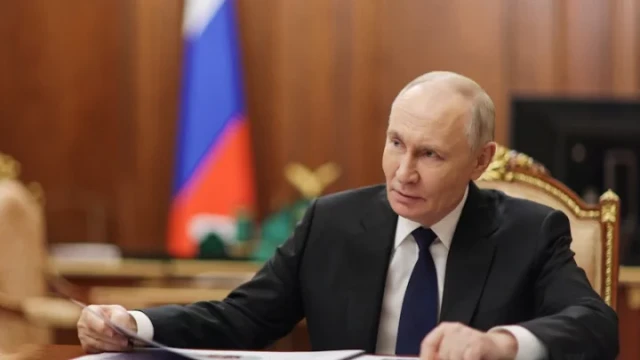
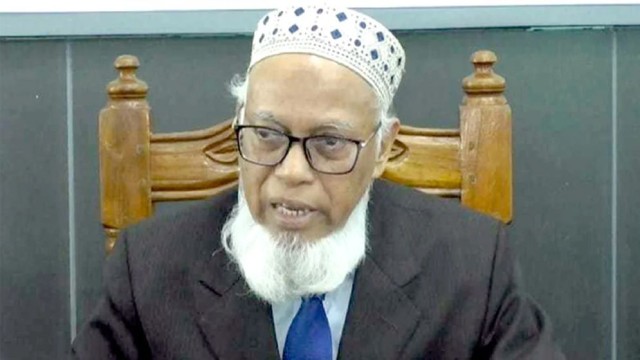







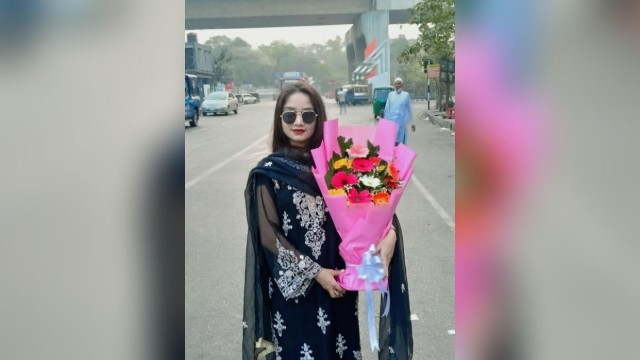


Comment: